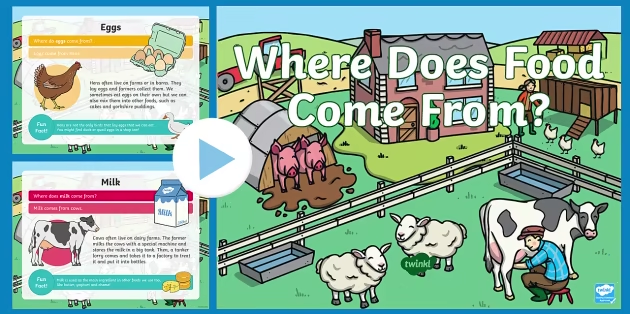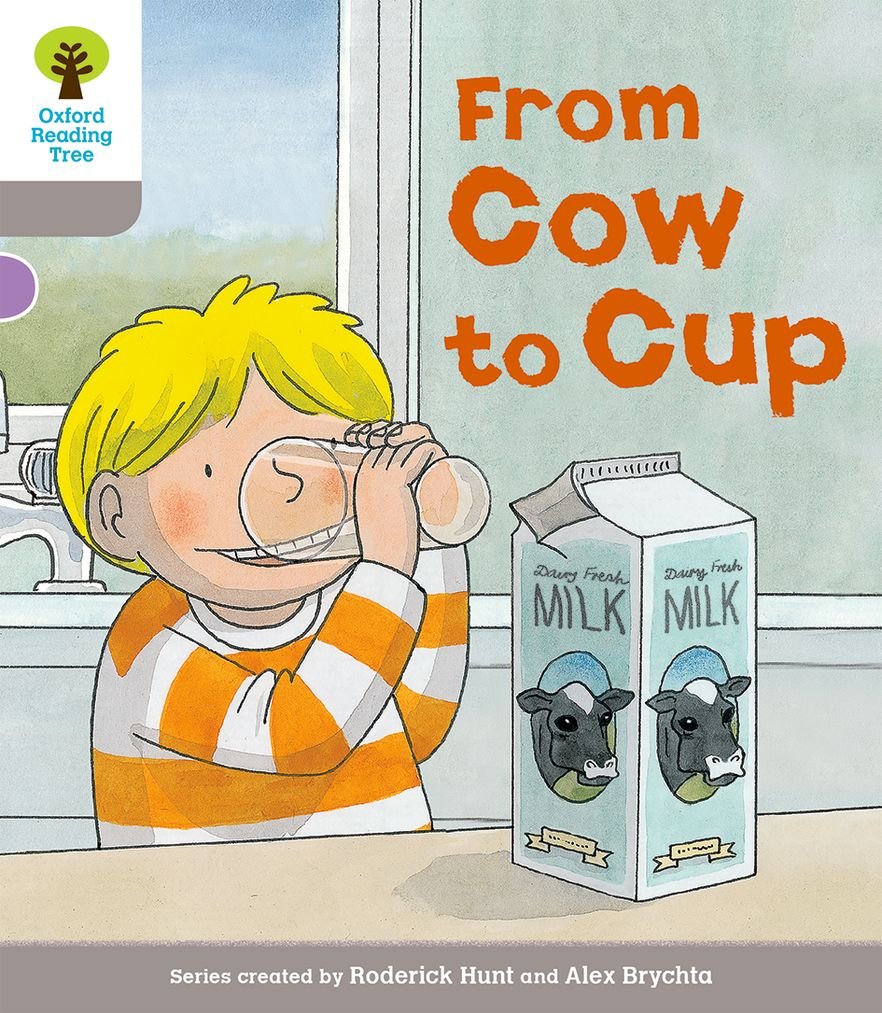
Alongside the decolonisation of what we teach in schools, we need to urgently decarbonise our curriculum. There is so much great work going on in schools to promote climate justice – but very little change in the materials going into schools. I’ve made a start on how we might change that, looking at ‘Food’ as an example.
Educational resources – the ‘content’ used for learning – need radical change to reflect, not only the extent of the climate crisis, but also the potential and opportunities in living more sustainably. Over the past five years, I’ve spent a lot of time learning and improving DE&I in educational content, and I am now turning my attention to how we can decarbonise our curricula.
This post is a provocation, not a polemic. I am not trying to change minds, but show how much more could be done. I am not an expert on either climate change, sustainable technology, or even environmental education: and will always listen and defer to those who are. I’ll confess that much of my thinking has been pushed by reading and discussing George Monbiot’s ‘Regenesis’: partly because it’s the first book on this topic where I’ve come away feeling hope and clarity about positive futures: if we take urgent action now. This is my contribution to the work that needs to be done.
The problem I want to tackle is that children – especially the youngest – are hit with the double whammy of our inertia.
- We ignore OR scare children with the extent of the climate disaster (eg destruction of the rainforests, biodiversity collapse, pollution, etc) which causes Eco-Anxiety
- We continue to use educational content that repeats and reinforces the broken thinking that led us here.

To give an example of the work I think we need to do, let’s look at Food. I’ve chosen this area because it’s easy to relate to Early Years / Primary, but also because food is one area where personal agency is possible for many children and families. I’m not commenting here about school dinners, advice to parents, or any of the other ways we could change what we do in schools; this is just about the books, videos, assessment material, digital content that teachers and children to learn with.
From Early Years and well into Primary school, the vast majority of materials children engage with reinforce unsustainable practices.
- For example:
- We present the countryside primarily as farmed space, monocultural and mechanised; and wild spaces as needing ‘taming’.
- We present farmed animals as a normal and healthy feature of our society, so children aren’t surprised that these are the ones they see in the supermarket.
- We present a ‘pastoral’ view of farming – in a way we don’t do for other rural lifetyles.
- We mostly show a traditional diet of meat and two veg – which, is not only increasing demand for an unsustainable food culture here and internationally – but is also creating a dissonance for children between what we say we should do and what we put on their plates.
I believe we should start to select and commission text, references, media, and art work of more sustainable food and farming practices. This might include:
- Reducing or removing the use of ‘meat/dairy’ animals – showing more wild ones. Fewer cows, more bison. Instead of sheep, goats on a hillside.
- Reducing or removing meat/fish-based meals. Falafel instead of fishfingers
- Showing fields/orchards that are not mono-cultures. Biodiverse ecosystems are more interesting, not only scientifically and in terms of developing critical analysis – but they are far prettier!
- Explainers of how non-dairy ‘milks’ are made: rather than images of a bottle of white liquid next to a lactating farmed mammal.
- Showing more positive views of ‘tasty’ non-meat meals- and valuing other food cultures (including our own before WW2); rather than just labelling a sausage as being ‘a vegetarian sausage’.
- It might feature exciting science features about how new food sources are offering hope for the future – such as fermented foods, and new grains.
- Showing how important healthy and biodiverse soil is to healthy food by showing how rich and complex the connections are between plant, bacterial and animal life is.
Genuine commitment to change in this area from producers could lead to an explosion of creatively and commercially successful new content for schools. Alongside the need to create new learning materials that are diverse by design, decolonised and global in view, by decarbonising our learning materials we are giving more children not only better representation, but also a future to be excited about inheriting.
In my next post, I’ll be sharing the decarbonising framework I am drafting for those producing materials for schools to consider. If you or your organisation would like to work with me on this framework, or new decarbonised content, please let me know.
